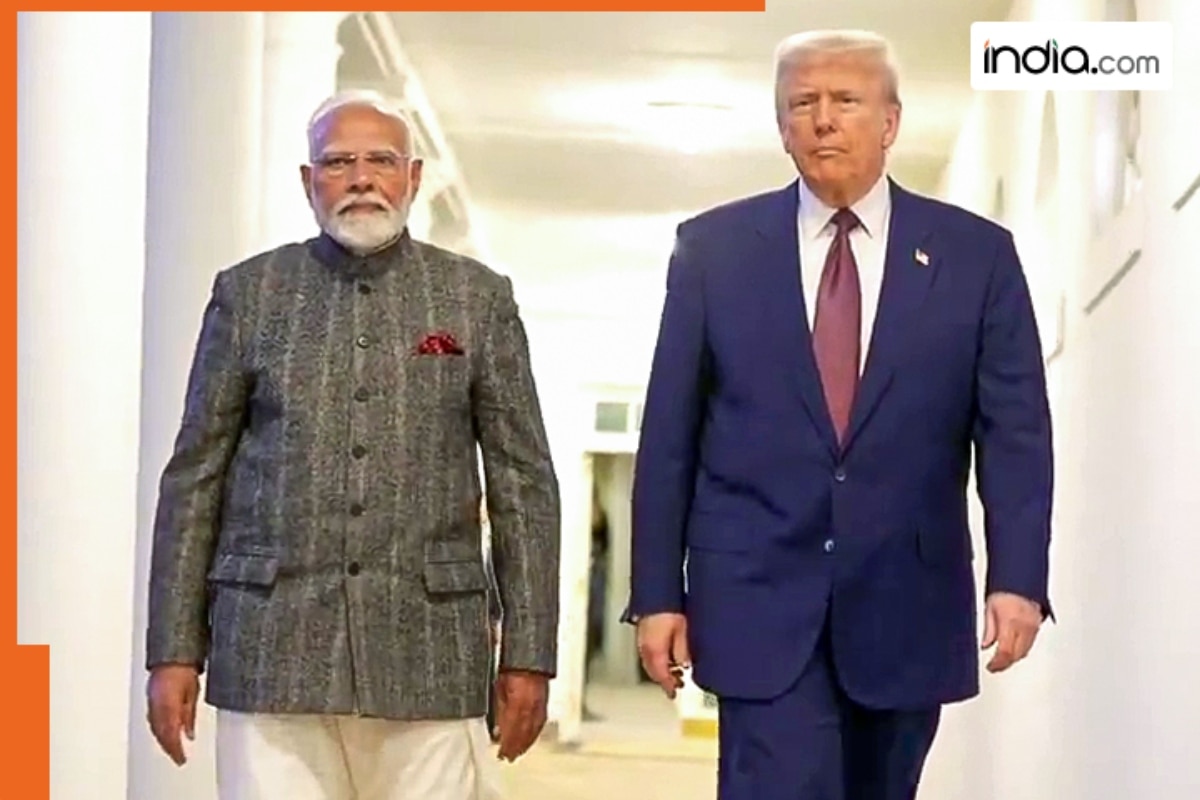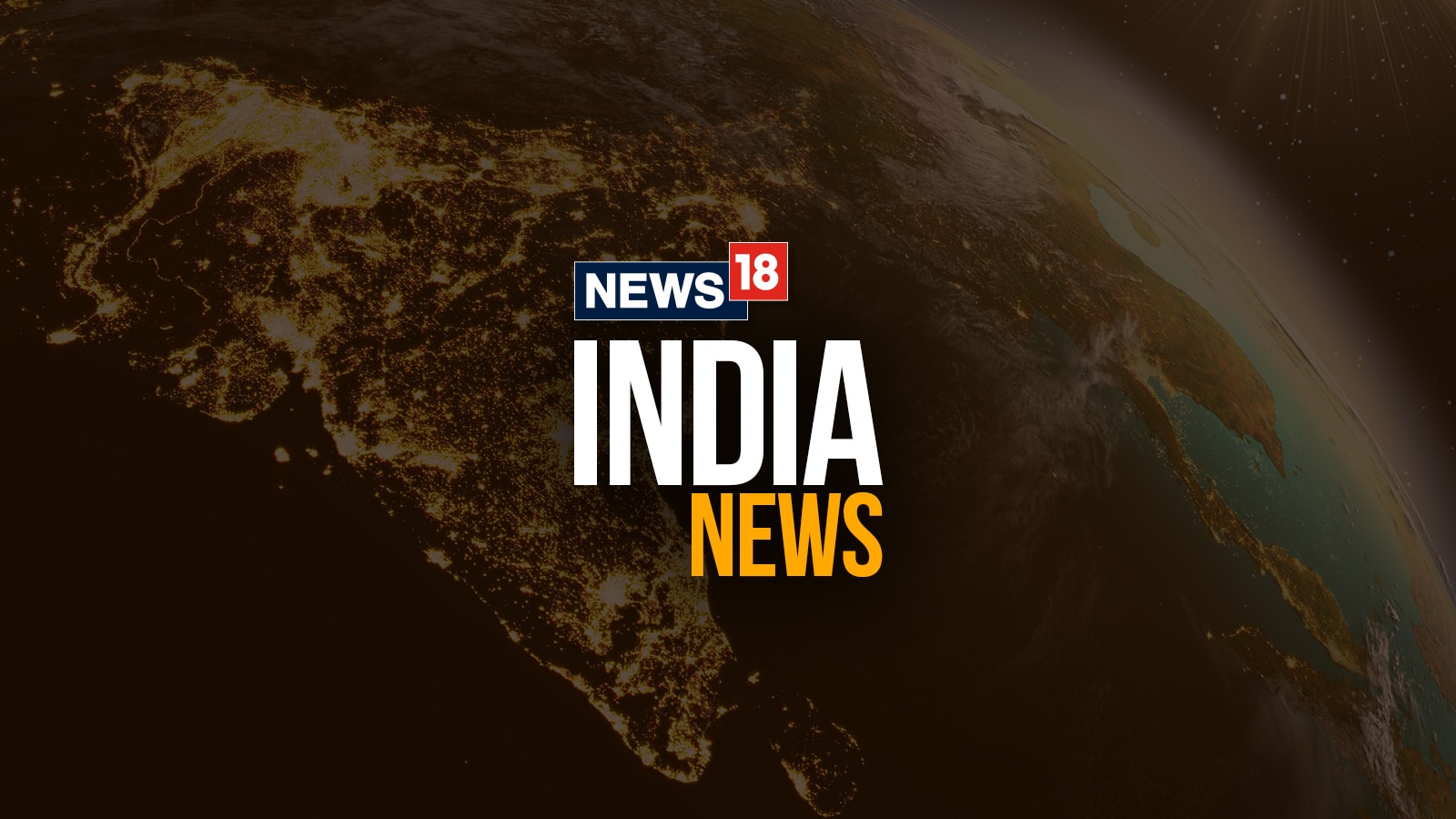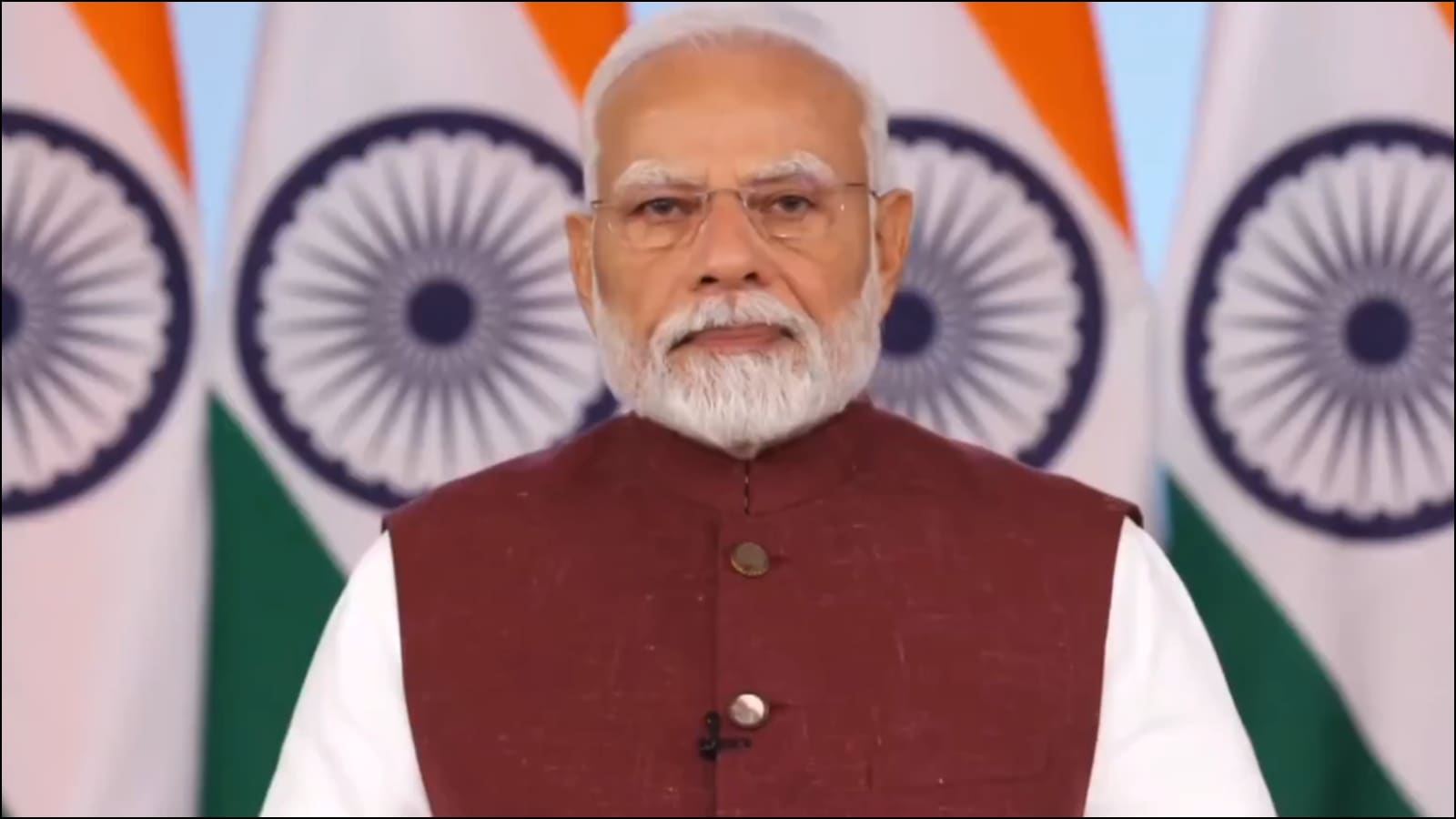India slips two places, remains among lowest-ranked countries in South Asia
India has been ranked 131 out of 148 countries in the World Economic Forum's Global Gender Gap Report 2025, slipping two places from its position last year. With a parity score of just 64.1 per cent, India remains among the lowest-ranked countries in South Asia, according to the report released on Thursday.
The Global Gender Gap Index measures gender parity across four key dimensions: Economic Participation and Opportunity, Educational Attainment, Health and Survival, and Political Empowerment. The Indian economy's overall performance improved in absolute terms by +0.3 points.
One of the dimensions where India increases parity is in Economic Participation and Opportunity, where its score improves by +.9 percentage points to 40.7 per cent. While most indicator values remain the same, parity in estimated earned income rises from 28.6 per cent to 29.9 per cent, positively impacting the sub-index score," the report said.
Scores in labour force participation rate remained the same (45.9 per cent) as last year -- India's highest achieved to date. In educational attainment, the report said, India scored 97.1 per cent, reflecting positive shifts in female shares for literacy and tertiary education enrolment, which result in positive score improvements for the sub-index as a whole.
"India also records higher parity in health and survival, driven by improved scores in sex ratio at birth and in healthy life expectancy," it said. However, similar to other countries, parity in healthy life expectancy is obtained despite an overall reduction in the life expectancy of men and women, the report said.
"Where India records a slight drop in parity (-0.6 points) since the last edition is in Political Empowerment. Female representation in Parliament falls from 14.7 per cent to 13.8 per cent in 2025, lowering the indicator score for the second year in a row below 2023 levels," it said.
With notable gains in political empowerment and economic participation, Bangladesh emerged as the best performer in South Asia, jumping 75 ranks to rank 24 globally. Nepal ranked 125, Sri Lanka 130, Bhutan 119, Maldives 138, and Pakistan 148.
The report said the global gender gap has closed to 68.8 per cent, marking the strongest annual advancement since the Covid-19 pandemic. Yet full parity remains 123 years away at current rates, according to the report.
Iceland leads the rankings for the 16th year running, followed by Finland, Norway, the United Kingdom, and New Zealand. The 19th edition of the report, which covers 148 economies, revealed both encouraging momentum and persistent structural barriers facing women worldwide.




